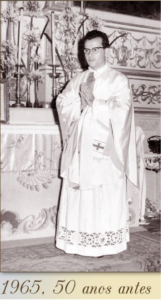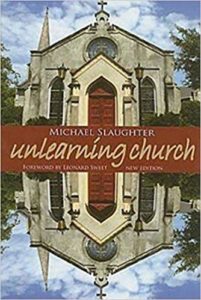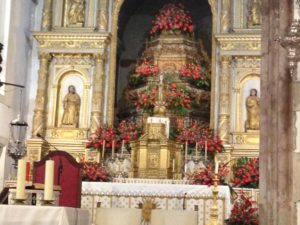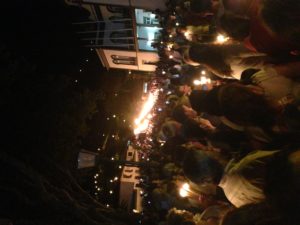FROM MY HEART TO YOUR HEART – A CHURCH FOR PROSTITUTES
– Brought to you by Fr. Bernardino Andrade (bernardinodandrade@gmail.com)
A few years ago that wonderfully creative Christian sociologist, Rev. Tony Campolo, traveled to Honolulu, Hawaii, for a speaking engagement. He flew all the way from Pennsylvania to Hawaii and had an awful case of jet lag. Therefore, at 3:00 AM, he was wide awake. Tony found a donut shop near his hotel. As he sat there sipping coffee and glancing at a newspaper, the door to the diner swung open and in marched eight or nine provocative and boisterous prostitutes. Their talk was loud and crude.
Tony was just about to make his getaway when he overheard one of the women say, “Tomorrow’s my birthday. I’m gonna be thirty-nine.” One of her friends responded in a sarcastic tone, “So, what do you want from me, a birthday party?” “No,” she said. “I’ve never had a birthday party in my life. Too late to start now.”
Suddenly, Tony Campolo had an idea. As soon as the women had left, he said to Harry, the owner of the diner, “Do those women come in here every night?” “Yep,” he said, “about this same time. Hope they weren’t bothering you.” “No,” Tony said, “but I have an idea. The one sitting next to me is going to have a birthday tomorrow. I’ll pay the bill if we can have a little birthday party for her.”
A smile spread across Harry’s face. “That’s a good idea. Her name is Agnes.” He called his wife out of the kitchen area and told her about it. They agreed to bake the cake.
The next morning by 3:00 AM Campolo had decorated the diner with crepe paper and had made a big sign reading, “Happy Birthday, Agnes.” Word had gotten around somehow because by 3:00 AM every prostitute in Honolulu was in the place. Wall-to-wall prostitutes and Tony Campolo. At 3:30 AM on the dot, Agnes walked in and confronted the cake with burning candles and the crowd singing loudly, “Happy Birthday.” She was flabbergasted, stunned, shaken. Her eyes moistened. Then after she blew out the candles she completely lost it and openly cried.
After the party was over, Tony asked the group if he could say a prayer. He prayed for Agnes and everyone else in the group. Then after everyone was gone, he thanked Harry for going along with the party. Harry said, “Hey, you didn’t tell me you were a preacher. What Church do you belong to?” In one of those moments when just the right words came, Tony answered, “I belong to a Church that throws birthday parties for prostitutes at 3:00 AM.” Jesus in the Gospel describes a King’s party for the ordinary people.
Love and Peace,
Fr. Bernardino Andrade



